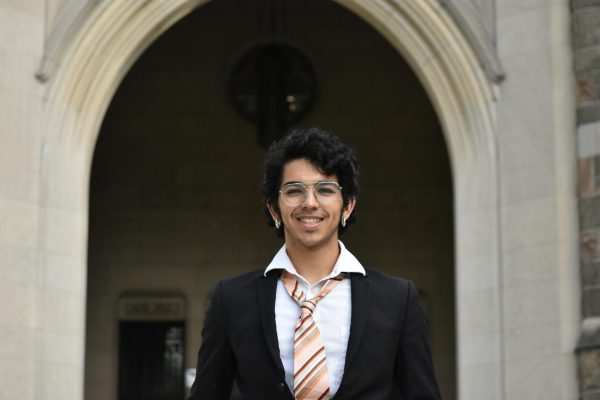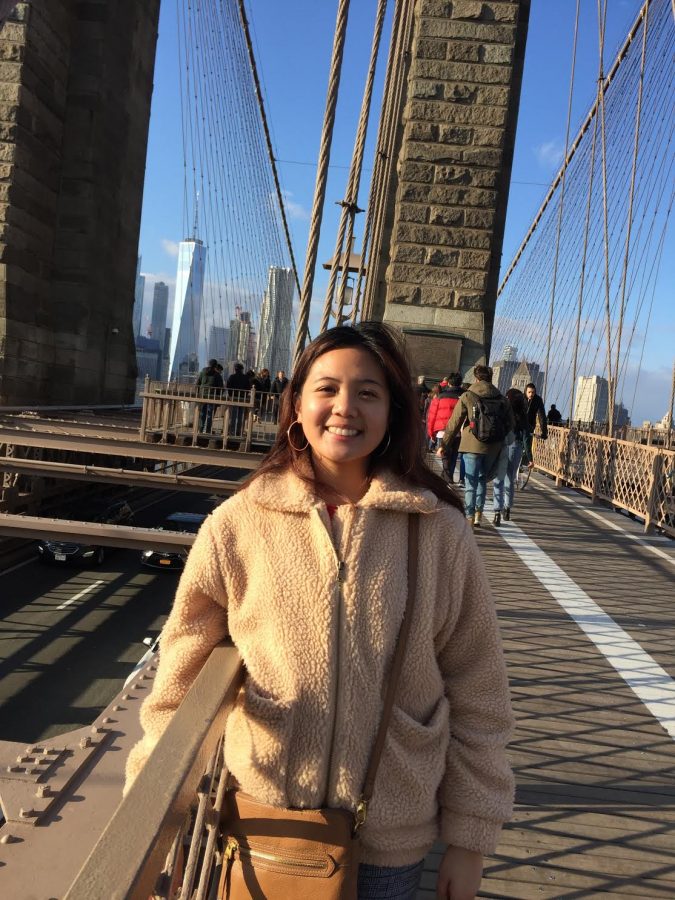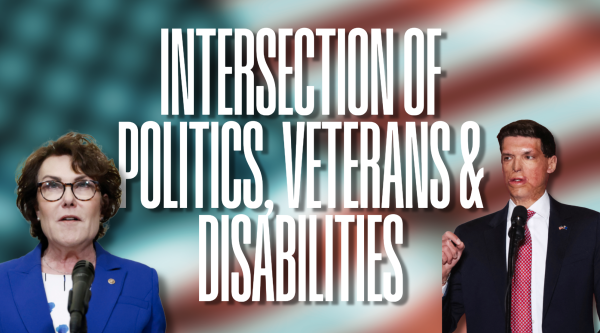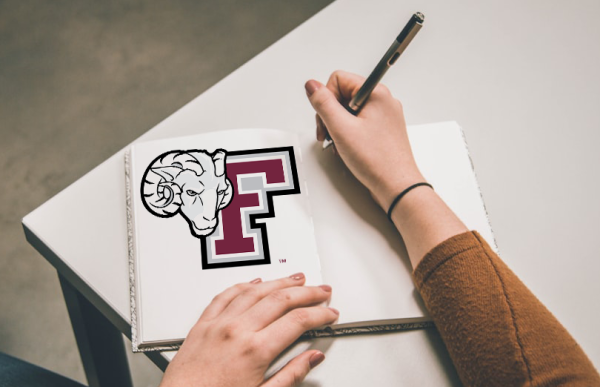Gabrielle Rivera, the Relationship Between Religion and Political Participation
In the summer of 2020, the Philippines passed a new anti-terrorism bill, titled the “Junk Terror Law,” in an effort to stifle dissent against the government. One student researcher was motivated by that political controversy in the Philippines to study the relationship between political participation and religion.
Gabrielle Rivera, FCRH ’22, is a Filipina American who has spent the entirety of her educational career studying in Catholic schools. “Catholicism is central to Filipino life,” Rivera said. Because of this, Rivera has always paid attention to the way that her religious roots manifest themselves in the world around her.
Eventually, she realized a pattern was beginning to emerge in the ways that religion and politics interact with each other. “I have only ever witnessed Catholic Americans get involved in politics when issues of abortion are discussed,” Rivera said.
Rivera was raised with the idea that Catholicism, as a religion, was based on the understanding and awareness of social inequalities. So why is it that “[Catholics] never concern themselves with other social issues like family separation at the border, livable wages or social welfare as part of the state’s duties?” Rivera asked.
In the Philippines, Rivera stated, this pattern is entrenched in the shared national political culture. That is to say, Filipino cultural attitudes towards politicians and government are much more skeptical than those in the United States. Filipino politicians, governments and laws are generally regarded as corrupt beings, Rivera explained. Therefore Filipino political participation is directed towards local ordinance and religious politics.
These patterns that Rivera had noticed became the basis for her research project at Fordham. The goal of the project was “to investigate the Catholic Church’s response to growing unrest, disorder and oppression in a Catholic-majority country such as the Philippines,” Rivera said.
Part of Rivera’s research project required her to investigate the historical relationship between authoritarian regimes and both the papacy and the church. Ultimately, Rivera arrived at the understanding that these regimes used religion as a political tool of oppression. Wherever there is oppression, Rivera found, there is resistance. An idea known as liberation theology emerged from local clergy and parishes in countries where the majority of oppressed citizens were Catholic. In this way, Catholicism was turned into a tool for political liberation, an idea that scared the oppressive papacy.
In order to investigate how the Catholic Church responded to political outcry in the Philippines, Rivera turned to digital research, investigating events primarily isolated to a country thousands of miles away. While search engines proved themselves useful in finding relevant online articles depicting events, it was social media that provided Rivera with the opinions of young adults in the Philippines. Their protesting made Rivera’s research much easier. Combining online articles with social media opinions, Rivera analyzed the extent to which liberation theology played a part in political dissent.
“I was hoping to find that Filipino Catholic priests were adopting liberation theology and encouraging their parishioners to participate in protests and elections,” said Rivera. “However, this was not the case. Filipinos were utilizing teachings from liberation theology to support their religious lives but not [their] political ones.”
The Catholic Church also did not comment about the civil unrest in any way, said Rivera. Rivera’s hypothesis — that Catholic liberation theology would encourage the Filipino Catholic community to participate in political protesting — was challenged by the fact that she found political protest participation encouragement occurred more frequently among Filipino Episcopalians, Muslims and Protestants.
With her career goals oriented towards eventually practicing law, Rivera said that the research project helped her focus her reading and writing skills as they relate to legal documents.

Sebastian Diaz is a senior from Chapel Hill, N. C. who is double majoring in journalism and film. After starting as a news reporter for The Fordham Ram...















































































































































































































